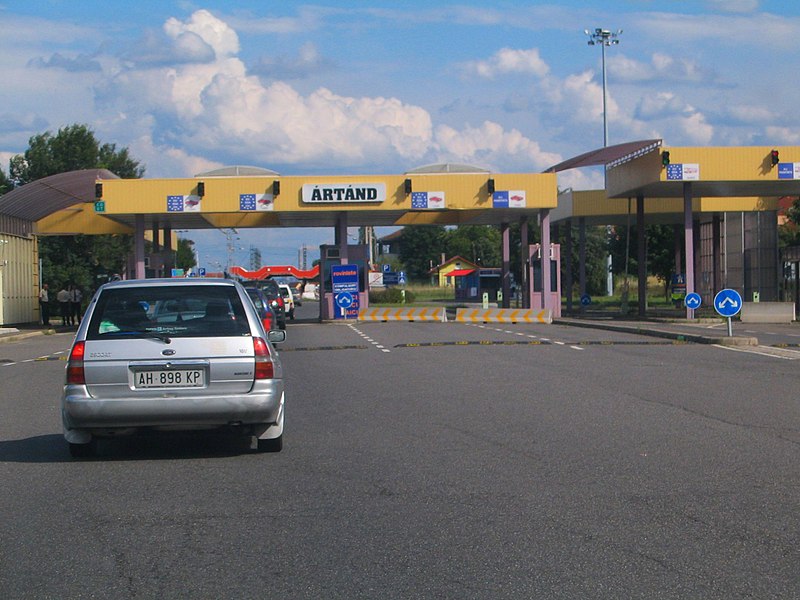
European Ministers of the Interior approved the full accession of Romania and Bulgaria to the Schengen area on Thursday. Beginning in January, land border checks with other Schengen
countries will be abolished, facilitating seamless movement of people and goods across internal European borders.
A long-awaited milestone
Romania and Bulgaria have been striving for Schengen membership since 2011. Partial progress was achieved earlier this year with the removal of checks at airports and ports. However, Austria had persistently blocked their full accession, citing concerns about irregular migration.
The breakthrough occurred during a meeting in Hungary last month, where Austria acknowledged a significant reduction in migration via Romania and Bulgaria. "Immigration to Austria through these countries has decreased considerably," stated Austrian Interior Minister Gerhard Karner.
As part of the agreement, border checks between Hungary and Romania, as well as between Romania and Bulgaria, may continue until mid-2025 to monitor potential migration shifts.
"A historic decision"
Romania and Bulgaria hailed the decision as “historic” in a joint statement from their foreign ministries. Both countries joined the European Union in 2007 and have often voiced frustration at being treated as second-class EU members.
Since 2011, the European Commission has repeatedly confirmed that Romania and Bulgaria meet Schengen’s technical requirements. However, resistance from some member states, particularly the Netherlands, delayed their inclusion, citing the need for greater efforts to combat corruption and organized crime.
Economic and trade advancements
The European Commission praised the decision, emphasizing its positive economic and trade implications. "Expanding the Schengen area will strengthen the single market and enhance tourism and trade relations for both countries," the Commission said.
The move is expected to bring significant relief to truck drivers, who have long endured prolonged waits at borders. "Currently, delays range from 12 to 20 hours at border checkpoints," noted Dimitar Dimitrov, president of the Bulgarian Road Transport Chamber.
With Romania and Bulgaria’s inclusion, nearly all EU member states, except Cyprus and Ireland, will be part of the Schengen zone. Non-EU countries such as Liechtenstein, Norway, Iceland, and Switzerland also participate, providing free movement to almost 450 million people.
Challenges ahead for Schengen
The Schengen area has faced difficulties in recent years. The 2015 refugee crisis, subsequent terrorist attacks, and the COVID-19 pandemic led several member states, including the Netherlands, France, and Germany, to temporarily reintroduce border controls.
At Thursday's meeting, Luxembourg’s Minister Léon Gloden expressed frustration over Germany’s continued border controls. In response, German Interior Minister Nancy Faeser defended the measures, citing heightened levels of irregular migration.
New European Commissioner Magnus Brunner highlighted the need for stronger external border management. "We must do everything possible to better secure the external borders," said Brunner, a former Austrian government official.
Romania and Bulgaria’s full accession to the Schengen area marks a significant step towards a more unified Europe, fostering greater economic integration and mobility within the region. Photo by lraul06 from Brasov / Cluj, Romania, Wikimedia commons.



































